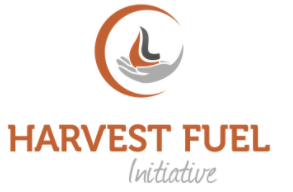Entrepreneurs
Support for Entrepreneurs
We believe that by supporting energy entrepreneurs who produce sustainable alternatives to traditional wood charcoal, we can have a positive impact on energy poverty, emissions from cooking, and deforestation.
Mentoring & Resources
TCP provides general mentoring and business skill support for entrepreneurs in the sector. Business owners in East Africa, who are post start-up stage, can reach out to info@charcoalproject.org with questions or visit the Resource section for more relevant publications.

The Harvest Fuel Initiative (HFI) is an impact-driven program developed by The Charcoal Project (TCP) and MIT D-Lab. HFI provides alternative fuel producers with training, mentorship, financial support, technical support, online resources and access to a network of entrepreneurs. In 2020, HFI will focus on entrepreneurs in Kenya, who have founded small and growing sustainable charcoal briquette businesses.
Women Entrepreneurs
Gender inequality remains a global development challenge. In East Africa, women continue to be disadvantaged in educational attainment, economic participation/opportunity and health issues1. Women entrepreneurs still face many barriers in starting and running a business. These barriers include,
- a significant gap in education and general business and entrepreneurship training,
- the tendency to have small, informal businesses, which lack the ability to attract capital and scale,
- less access to credit due to lack of collateral as family assets are usually not in the woman’s name, and
- low self esteem/confidence in business abilities, which lead women to pursue low-risk ventures.
All of these barriers lead to a low reinvestment rate and thus lower growth for women owned businesses2. TCP programs focus on helping women build skills to overcome these barriers, so that they can confidently run businesses and access capital for growth and aim for 50% participation of women in it’s programs.

